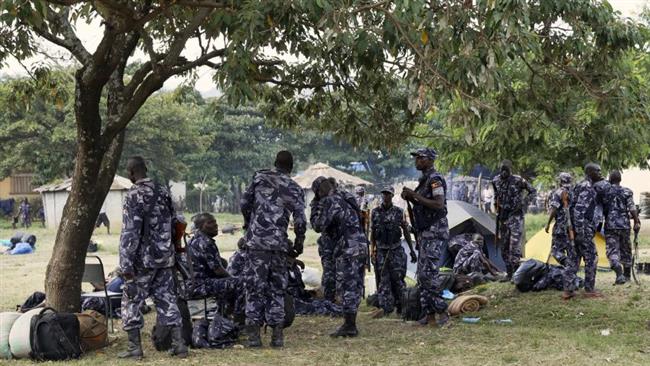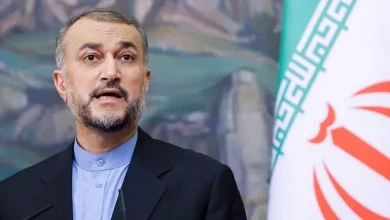Amnesty ‘shocked’ by massacre of Uganda tribe


Amnesty International has denounced “extrajudicial executions” in Uganda after security forces violently cracked down on members of a tribal militia in a remote southwestern area over the weekend.
Dozens were killed during clashes between royal guards of Bakonzo tribal king and government troops on Saturday and Sunday in Kasese, the largest town in the country’s restive Rwenzori region.
According to police figures, the bloodshed killed at least 46 members of the king’s guards and 16 police officers. Security forces also arrested 140 others, including King Charles Wesley Mumbere himself.
“The full picture of the weekend’s events is yet to emerge, but there appears to be shocking examples of unlawful killings and a complete disregard for human rights during the arrests,” Amnesty said.
“In a shocking display of heavy-handedness, many people appear to have been summarily shot dead and their bodies dumped,” Abdullahi Halakhe, Amnesty International’s East Africa researcher, said.
Uganda’s main opposition leader Kizza Besigye shared gruesome images which appeared to show dozens of bodies piled up in front of the palace gates, condemning the “massacre.”
Ugandan authorities say the royal guards are part of a militia striving to establish an independent republic straddling Uganda and the neighboring Congo.
On Saturday, the army deployed a combined force to arrest the alleged separatist militia but faced strict resistance.
Authorities said Ugandan President Yoweri Museveni had called the king at least twice on Sunday morning and ordered him to rein in his guards but the king refused to do so.
“So we had no option, after that we had to storm the palace and get these terrorists, and that is what we did,” Brigadier Peter Elwelu of the Ugandan army said.

Ugandan Interior Minister Jeje Odongo also accused the king of preparing to wage a war against the central government in Kampala. Odongo claimed police had recovered weapons from the palace.
King Mumbere has strongly rejected having any links with the separatists.
The Rwenzururu kingdom, of which Mumbere is current king, commenced as a separatist movement against the British-backed central government, which belonged to another tribe and finally managed to declare its kingdom in 1962.
After 20 years of bloodshed, the newly-formed kingdom reached a peace deal with Kampala under which it agreed to lay down arms in return for a partial local autonomy. President Museveni officially recognized the kingdom in 2009.
Amnesty’s Halakhe called on the government to launch a thorough investigation into the incident.
“Whatever the origin and source of the violence, the Ugandan security forces must not be allowed to jettison their human rights obligations,” he said.
“The government must ensure that police and soldiers observe restraint and desist from extrajudicial executions,” he added.
Halakhe said those suspected of unlawful killings and other crimes such as torture must be brought to justice in fair trials without recourse to the death penalty.




